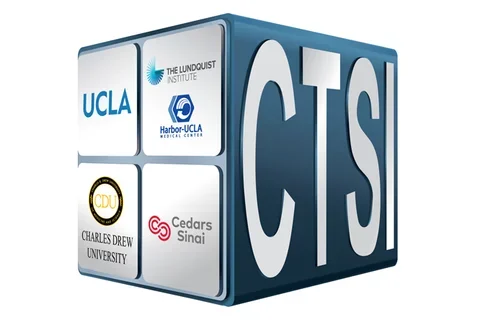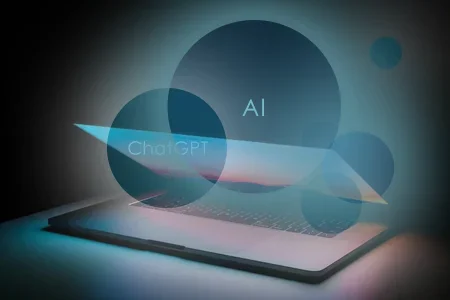NIH introduces funding opportunities for early stage investigators which requires no preliminary data

NIH knows that early stage investigators (ESIs) experience intense competition for funding, which poses a challenge when embarking upon and sustaining an independent research career. This is one of the reasons the NIH launched the NIH Next Generation Researchers Initiative (NGRI) in 2017. NGRI, amongst other features, prioritizes funding for ESIs across NIH. As a testament to its success, NGRI has helped NIH to go from supporting less than 600 ESIs in FY 2013, to 1,316 in FY 2019, and at least that number in 2020.
The new Stephen I. Katz Early Stage Investigator Research Grant Program--PAR-21-038 and PAR-21-039--will build on these successful NGRI efforts.
ESIs may apply for this new opportunity to support their innovative ideas if they are proposing research that is a change in direction from their past work and experience, and for which they have no preliminary data. For those ESIs who have preliminary data for research projects or those who want to continue on with their current research direction, NIH’s Parent R01 funding opportunities are still available.
Why the focus on no preliminary data?
Well, this means that talented individuals can still seek NIH funding and pursue creative and innovative scientific hypotheses even though they lack the initial findings. Moreover, this should expand pathways and opportunities for those early in their career, something called for by the Advisory Committee to the NIH Director in their 2018 NGRI working group report.
The first due date for applications is January 26, 2021. Be sure to read the entire funding opportunity announcement before applying and this additional guidance for prospective applicants. The NIH looks forward to receiving your ideas.
This story was adapted from the full NIH press release.
Image source: UCLA CTSI
Image caption:



